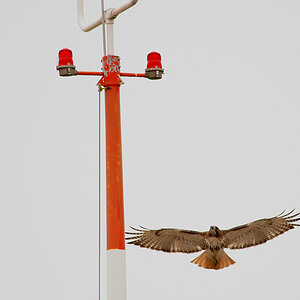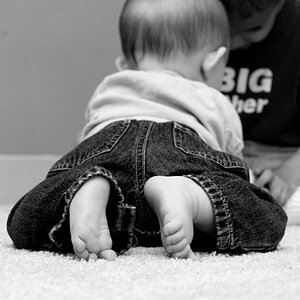Aakajx
TPF Noob!
- Joined
- Dec 22, 2013
- Messages
- 208
- Reaction score
- 16
- Location
- Australia
- Can others edit my Photos
- Photos NOT OK to edit
I'm always picking and judging the photos I take. There's always something I'm not happy with. I know I need new lenses.. But photos I take in general I just don't like them. Even though my mother or friends will say they look fine and carry on how great they are. But the photos I'm not pleased with still. It's starting to frustrate me.
Does everyone else get like this?
Does everyone else get like this?
Last edited:



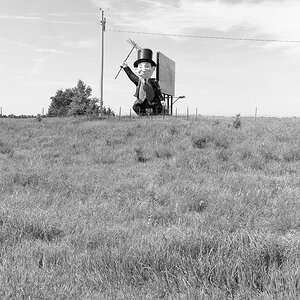

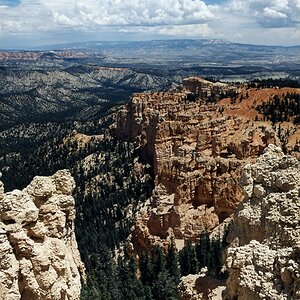
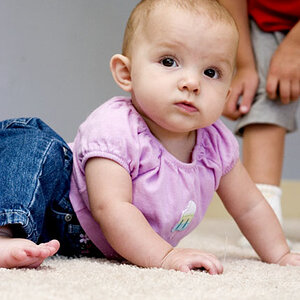
![[No title]](/data/xfmg/thumbnail/30/30861-fee88082ba36d0c3b443492fe3f3f1cd.jpg?1619734481)
![[No title]](/data/xfmg/thumbnail/30/30863-8c53522e4ed851e96cb7411e74b9fe59.jpg?1619734482)
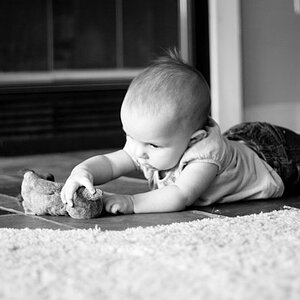
![[No title]](/data/xfmg/thumbnail/32/32155-5dfb2c8aee58498ba1862d4f34389669.jpg?1619735234)
